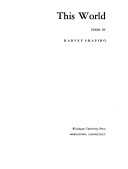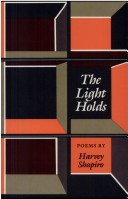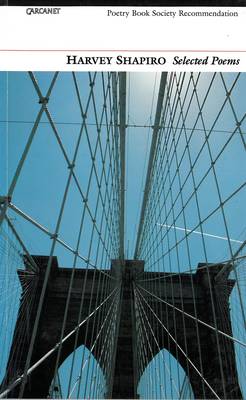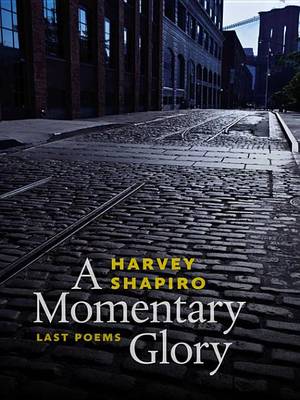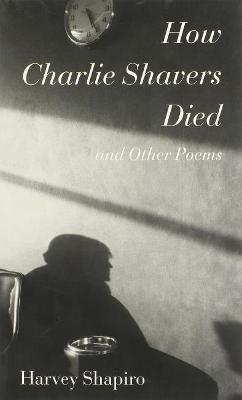Wesleyan Poetry
5 total works
This is the book of an urban mystic, someone who believes that the streets he walks, the incidents he sees and in which he sometimes plays a part have significance; he understands that the hidden beauty and music of New York City. Madison Avenue, the Brooklyn Bridge, Central Park appear and reappear as though they, the poet, and the work were inseparable. The people he recalls - a bag lady, E.E. Cummings - are as familiar to us as the city itself, but here they are lyrical and light, these poems also hold love, loss, melancholy, and tenderness -they reflect the incessant rhythms between a man and his surroundings.
Winner of the Pulitzer Prize for Poetry (1992)
Winner of the William Carlos Williams Award (1992)
The Selected Poems James Tate's Pulitzer Prize-winning collection and his first British publication, gathers work from nine previous books, from the Lost Pilot which was a Yale Younger Poets selection in 1967, through his 1986 collection Reckoner. He is a most agile poet in a precarious world. Life is alarming and absurd, but properly considered that absurdity reveals, often with laughter, the something else by which we live. The poems are about our world, our wrecked, vexed love for it. Tate has been described as a surrealist. If that is what he is, his surrealism issues in a vision of a world delivered back to itself by his unillusioned subversion and candor.
Winner of the William Carlos Williams Award (1992)
The Selected Poems James Tate's Pulitzer Prize-winning collection and his first British publication, gathers work from nine previous books, from the Lost Pilot which was a Yale Younger Poets selection in 1967, through his 1986 collection Reckoner. He is a most agile poet in a precarious world. Life is alarming and absurd, but properly considered that absurdity reveals, often with laughter, the something else by which we live. The poems are about our world, our wrecked, vexed love for it. Tate has been described as a surrealist. If that is what he is, his surrealism issues in a vision of a world delivered back to itself by his unillusioned subversion and candor.
The distinguished poet Harvey Shapiro passed away on January 7, 2013. The poems in this book, many of them previously unpublished and discovered only after his death, are a great gift, and the final confirmation of his extraordinary talent. Edited by Shapiro's literary executor, the poet and critic Norman Finkelstein, these last poems bear an unprecedented gravitas, and yet they are as supple, jazzy, and edgy as Shapiro's earlier work. All the themes for which he is known are beautifully represented here. There are poems of his experiences in World War II, the erotic life, and of daily moments in Brooklyn and Manhattan, all in search of a worldly wisdom and grace that the poet calls "a momentary glory." As Shapiro tells us, the poem "Is an Egyptian / ship of the dead, / everything required / for life stored / in its hold." The book includes an introduction by the editor. An online reader's companion will be available.
With enormous wit and vitality, Harvey Shapiro's new collection of poems focuses on the approach of death, mingling canny observations of the city that never sleeps with homages to Hart Crane, George Oppen, the poet Rachel, and David Ignatow. Characterized by its focus on the urban world of New York, the Jewish tradition, and domesticity, Shapiro's poetry achieves a distinctive brilliance and true wisdom. These poems view life from the vantage of seventy-six years, deeply informed by the serious study of literature and language and always attuned to the present, as well as to the body, weather, and sex. With its passion, humor, and rich detail, this exquisite volume marks Harvey Shapiro's finest work to date.
